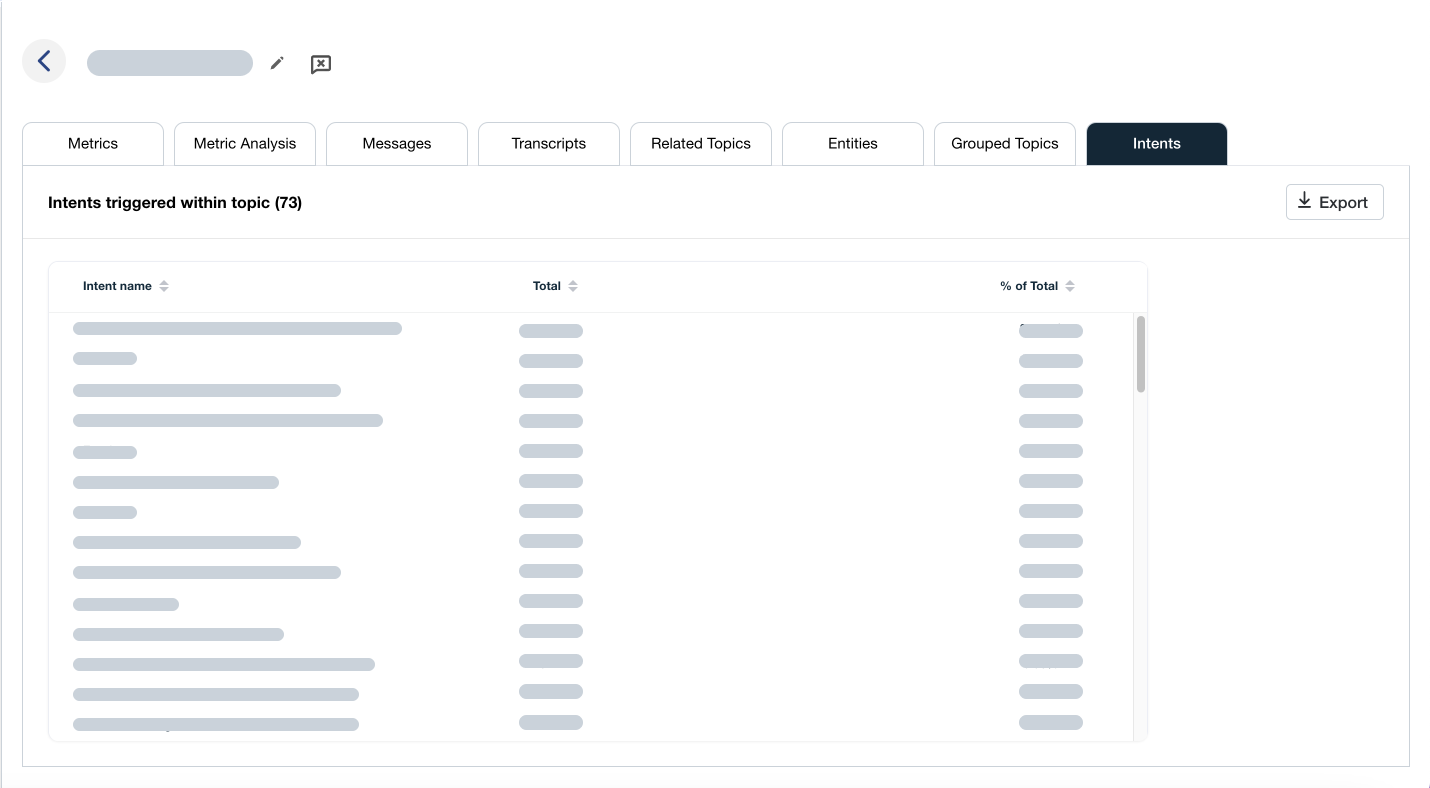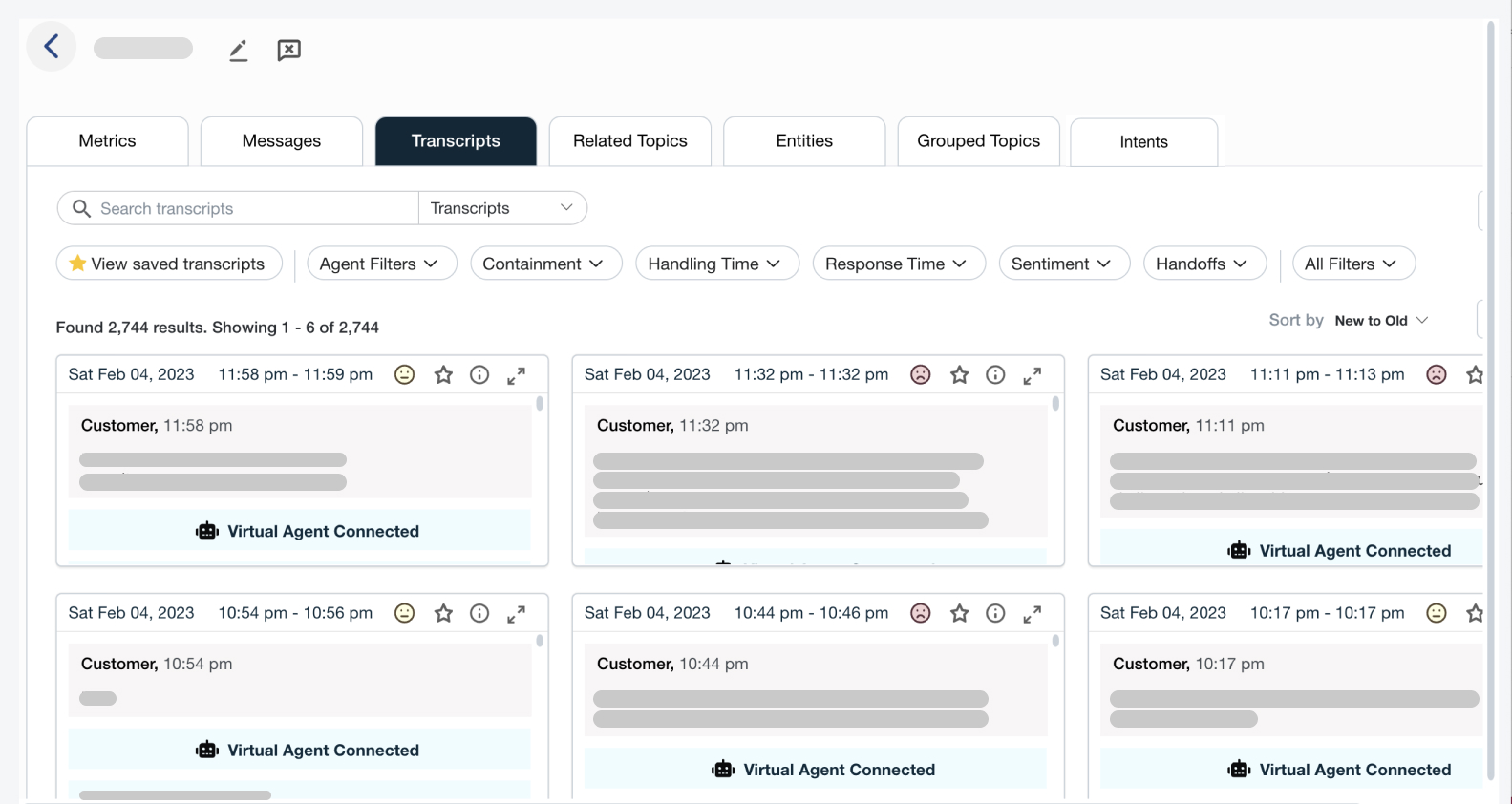Self-Scheduling: The Answer to Agent Stress in Modern, Omnichannel Contact Centers
Self-Scheduling: The Answer to Agent Stress in Modern, Omnichannel Contact Centers

With stress levels in contact centers as a constant, Calabrio’s Magnus Geverts discusses how to balance the needs of employees and the business with a fresh approach to agent self-scheduling.
I have been in the Workforce Management (WFM) business for over 20 years and during this time, contact center leaders have again and again told me that one of their biggest challenges is balancing the needs of employees with great customer service. However, the situation reached a crisis point with the pandemic ushering in a new era of ‘The Great Resignation,’ where employees are reassessing the impact of their jobs on work/life balance, mental health and overall life goal fulfillment.
This has hit the contact center industry hardest, where higher-than-ever levels of stress are driving serious agent retention issues. In the latest Health of the Contact Center report, Calabrio uncovered that one in three agents are considering leaving the contact center. That’s not all, in a recent survey from Salesforce, 71% of service agents in the US have considered quitting in the past six months, while 86% report they need more from their company in order to stay citing monetary compensation, career growth opportunities and better management at the top of their wish list.
Other than ‘higher pay,’ customers often say their agents crave ‘more flexibility’ in their job. While many attempts have been made to address this such as introducing shift bidding, shift trading and shift preferences, nothing has really worked 100% in favor of frontline employees. Granted, these new ideas catered for the needs of the business, but they were not flexible or easy enough for what agents really wanted – that is until now. Let’s dive into some ways that contact center leaders can reinvigorate their workforce with employee self-scheduling technology.
7 Ways to Crack the Code Using Agent Self-Scheduling
By blending radical new thinking with breakthroughs in self-scheduling technology, I believe contact center leaders finally have the opportunity to crack the code, offering businesses the dual ability to give agents more freedom to self-manage their own schedules and keep service levels under control.
When agents are able to plan their work around their life rather than the other way round, stress levels naturally fall and customer satisfaction rises. Here are a few ideas to get started:
1. Change the Mindset
In a world where there are too many customer interactions and not enough agents, the culture must change. Traditionally, the notion that the customer comes first has prevailed, but at Calabrio we see more and more organizations coming to us and saying, “My customers are really important, but my employees are also really important. I can’t afford to lose my people.” Now that is a radical change in thinking.
Why not add personalized dashboards with self-scheduling technology to the mix so your agents can track their own performance to remain focused and motivated? This is a particular bonus when the majority of people are working remotely.
2. ‘Easy and Smart’ Does It
The latest agent self-scheduling solutions allow agents to build and edit their own schedules in real-time and on the move, using their mobile devices. Frontline employees can move lunches, catch up with colleagues and make time for new learning as customer demands or domestic events occur throughout the day. It’s amazing how often I hear customers say self-scheduling is a “brilliant idea”. Being able to self-schedule is great for morale and great for group collaboration because the simple act of having lunch or breaks together helps – in their words – “build teammate chemistry.”
3. Give Agents the Freedom to Create the Ideal Work-Life Balance
One of the things agents love most about the self-scheduling process is that it is “easy to fit around their lifestyle.” Adopting modern self-scheduling capabilities empowers agents to achieve an even greater influence over their working day while allowing contact center managers to keep control of overall staffing levels.
For example, agents can now add work hours on either unscheduled or scheduled days. Someone looking for extra shifts can go to the self-scheduling app, see where there is a need for agents and sign up for more hours. They could even consider making partial-day shift trades with their colleagues.
4. Remember the Secret Sauce to Self-Service Automation
Comprehensive rule sets and real-time intraday service level controls across all skills ensure that agents can control their own shifts, build and modify their schedule, without any intervention from the WFM team. Without this secret sauce of rule sets, the WFM team would have to manually check and approve changes – far too slow and time-consuming for most busy contact centers today.
5. Build in Self-Regulating Guard Rails
Look out for employee self-scheduling tools that are configured to automatically take into consideration global work regulations as well as the legal parameters of individual agent contracts. Being able to track and manage team compliance through the self-scheduling process with important employment laws means you can always rely on automated approvals to protect you and your staff. Introducing self-scheduling features also allows contact centers to build the highest levels of efficiency to best serve your customers.
6. Raise the Status of Self-Scheduling
Make what we at Calabrio call ‘lifestyle scheduling’ an intrinsic part of your strategic Workforce Engagement Management (WEM) framework. Employee self-scheduling is just one way to engage and motivate agents. When combined with modern call recording, quality management and performance coaching, today’s analytics-driven solutions offer a complete, end-to-end personal development toolkit. Personal development plans and insights into individual/self-managed performances boost employee and subsequently customer experiences.
7. Take Inspiration from Real-Life Successes
A great success story comes from National Debt Relief, an early adopter of employee self-scheduling. They claim that this feature “lets agents manage and change their own schedules as unexpected things happen throughout each day, without negatively impacting the contact center’s service level.” National Debt Relief is just one of 80% of Calabrio’s customers surveyed who said that WFM increases their ability to balance both business and agent needs. Why not follow their lead?
Don’t Just Take My Word for It
Self-scheduling is easy and smart for the agent and for the WFM team – and contact center staff just love it! As one of our satisfied customers enthused, “self-scheduling is awesome, and it helps me to enjoy my work. I’m in love with self-scheduling, it helps get over the routine.”
The self-scheduling process also delivers tangible business value, enabling organizations to gain a critical edge over the competition when it comes to recruiting and retaining the best contact center talent, essential for business success. Download the Self-Scheduling Datasheet for more information.









